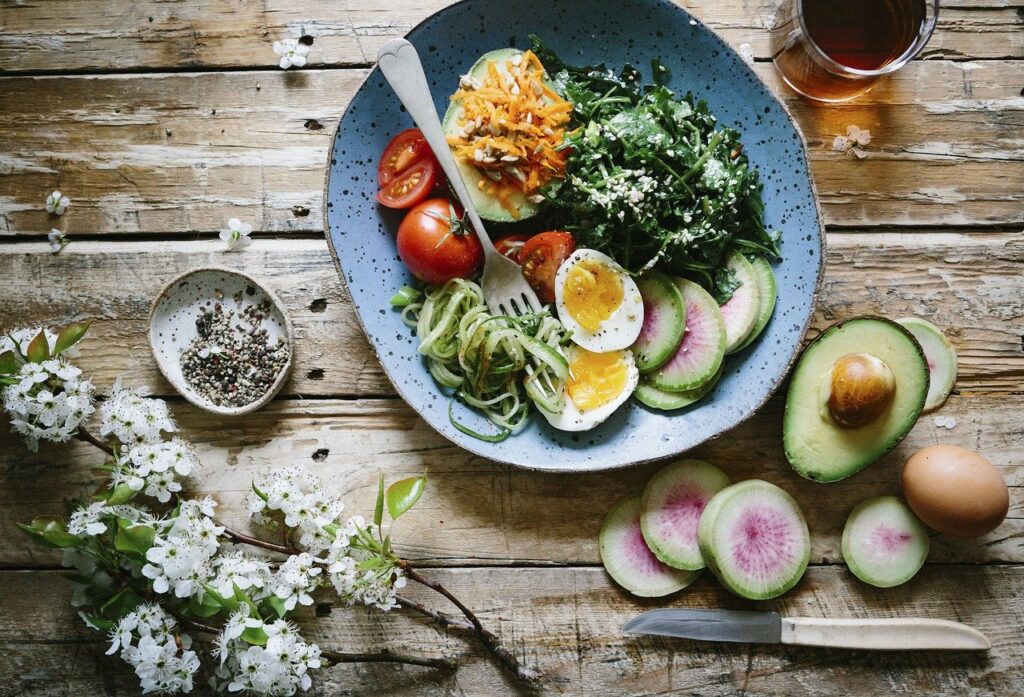Written by: Dr. Landon Opunui, ND & Miki Wong, RD on August 14th, 2020
There are multiple social and health disparities Native Hawaiian kūpuna face such as high rates of life-threatening diseases, financial hardship, disability, shorter life expectancies and underutilization of services. As a result, it should be no surprise that data suggests the health care needs of Native Hawaiian kūpuna far exceed that of their non-Hawaiian counterparts. This leads to health equity problems.
Hawaiian culture emphasizes care for kūpuna. However, many adult caregivers are less available to care for their aging loved ones because of competing work and ʻohana responsibilities.
Several studies have reported on the health benefits associated with a return to a precontact Hawaiian diet. Although this may be an ideal dietary approach for many Hawaiians, food access and cost limitations may not always allow this a practical option, especially for some of our kūpuna who rely on complimentary meal assistance. In addition, the high concentration of complex carbohydrates found in native starches along with high glycemic rich tropical fruits may still be problematic for kūpuna challenged with metabolic diseases such as diabetes.
One of Nā Puʻuwai’s flagship programs is our Kūpuna Program, the only adult day care offered on the island of Molokaʻi. The program provides kūpuna with a safe and structured environment to enjoy daily activities with other kūpuna and staff while ʻohana caregivers are at work. The program supports kūpuna to help them remain active and healthy, so they can remain at home as long as possible. With a previous capacity of 20 kūpuna, safety guidelines have reduced our capacity to 10 during the COVID-19 pandemic.
On July 1, we launched our kūpuna nutrition program, which redesigned meals with the goal of providing high-quality nutrition using flavorful, locally inspired recipes with locally sourced ingredients. The program was launched under the direction of cook Neil Gonzalez, registered dietitian/nutritionist Miki Wong, and volunteer chef coach consultant, Ikaika Molina.
Menus were designed to support the health and well-being of our kūpuna, many of whom have chronic health conditions. Gonzalez was inspired to change the menu after making improvements to his own diet. In addition, he developed daily themes to add creativity and fun to meal planning. “Mostly Molokaʻi Mondays,” for example, showcase locally sourced ingredients from the island—and the kūpuna enjoy their meals. Many of them already avoided rice, citing health concerns. Since introducing cauliflower rice, kūpuna are finishing their plates, with compliments to the cook. Recipe highlights include egg white frittatas, almond-flour waffles, venison stir fry and beef short ribs with cauliflower mash. Providing delicious and familiar meals also provides comfort to our kūpuna who have been isolated with limited access to socialization.
This helped Nā Puʻuwai forge partnerships with local organizations committed to ensuring the health of the community such as Sustainable Molokaʻi, which provides reduced pricing on produce.
We hope to inspire other organizations who have the resources and opportunities to feed our kūpuna to consider consulting with nutrition experts to curate ʻai pono meals that can be used to combat many of the chronic health challenges our kūpuna face today.

